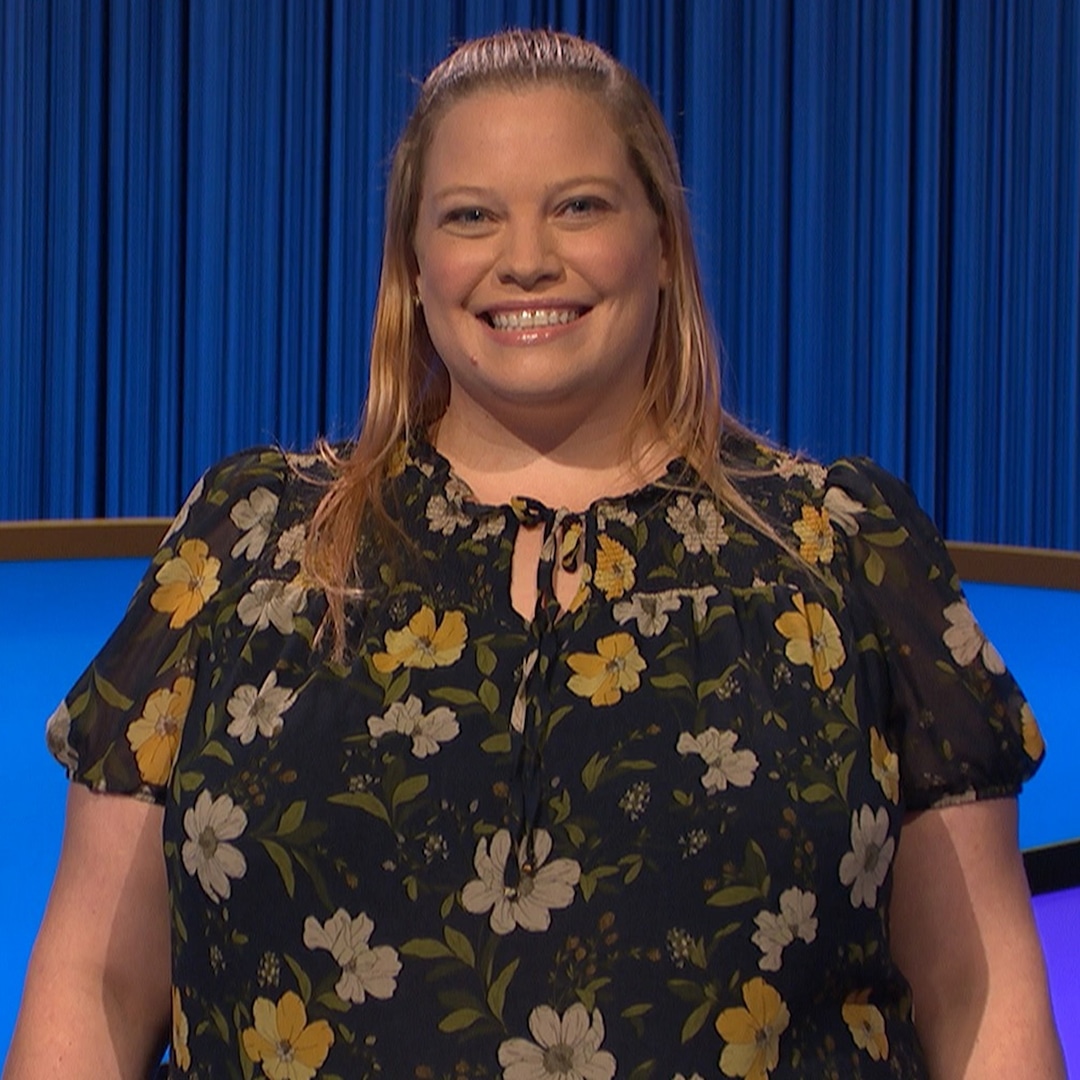Vice-Admiral Angus Topshee is the first senior Canadian military officer to visit China since late 2019
Article content
The head of Canada’s navy quietly visited China late last month as western militaries restart the process of building relations with that country amid continuing tensions.
Vice-Admiral Angus Topshee was at the 19th Western Pacific Naval Symposium held April 22 in the port city of Qingdao, reported Xinhua, the Chinese government media outlet.
Article content
Topshee is the first senior Canadian military officer to visit China since late 2019 as relations between the two nations had soured over the arrest of Michael Spavor and Michael Kovrig the previous year. Their detention was linked to Canada’s arrest of Huawei’s chief financial officer, Meng Wanzhou. Relations between the two countries have also been impacted by concerns the Chinese tried to interfere in Canada’s elections.
Advertisement 2
Article content
Military delegations from 29 countries attended the April symposium, including senior naval leaders from the U.S., Canada, Australia, Bangladesh, Chile, Colombia, France, Thailand, United Kingdom and Vietnam.
The Royal Canadian Navy did not publicize the event, nor the attendance of Topshee and other Canadian officers.
National Defence spokesperson Alex Tétreault said the military does not normally highlight the navy commander’s attendance at international conferences. “Vice-Admiral Topshee’s participation in the WPNS is an important demonstration of Canada’s commitment to multilateralism,” he added in a statement. “This allows for the continued security of all nations’ access to the high seas, which is vital for continued security and prosperity.”
The Chinese government news agency highlighted Topshee’s visit and included a photo of him at the symposium.
The U.S. Navy also promoted the event, noting that U.S. Pacific Fleet Commander Admiral Stephen Koehler led the American delegation. The U.S. Navy pointed out that the meetings provided naval leaders with the opportunity to discuss maritime matters of mutual interest while also giving the U.S. and allies an opportunity to underscore the importance of safe and responsible military operations in the Indo-Pacific.
Article content
Advertisement 3
Article content
Tensions between Chinese and western militaries have increased over the years, with both sides pointing to risky interactions in the air and on the high seas. In October 2023, this newspaper revealed the details of a new concept document in which Chief of the Defence Staff Gen. Wayne Eyre singled out China and Russia as Canada’s main adversaries. Eyre claimed that both nations consider themselves at war with the West.
In October 2023, Defence Minister Bill Blair accused China’s military of unacceptable and unsafe behaviour after a fighter jet came within five metres of a Canadian surveillance plane over the East China Sea.
China responded by questioning Canada’s military operations. “What happened was that the Canadian side has sent warplanes halfway around the world to stir up trouble and make provocations at China’s doorsteps,” the Embassy of the People’s Republic of China in Canada noted in a statement issued at the time. “The Chinese side responded to the situation in accordance with laws and regulations. The Canadian side should respect the facts and stop spreading disinformation.”
Advertisement 4
Article content
China is a founding member of the biennial Western Pacific Naval Symposium.
Zhang Youxia, vice chairman of China’s Central Military Commission, delivered the keynote address and called for countries to abandon what he called “the Cold War” mentality towards China, according to Chinese state media. He stated that China is committed to resolving maritime disputes peacefully through consultation with countries directly involved, but it would also safeguard its legitimate sovereign rights.
In January, Maj.-Gen. Gregory Smith — the Canadian military official tasked with communicating with countries such as China — said Ottawa was looking to establish a more open dialogue with Beijing’s officials.
“We’re trying to get past just démarches, which is just speaking angrily to each other, to re-establish relationships,” Smith said.
He told the House of Commons national defence committee that Canada seeks “a more baseline discussion” with China’s defence attaché. “We’re taking a look, but we have to do that with our greater partners across government,” he said, adding that Canada has not done any military exercises or co-operation with the People’s Liberation Army since 2018.
Advertisement 5
Article content
But China’s ambassador to Canada said an effort by Canada to restore normal military communication will hit headwinds if the Canadian navy sends another ship to the Taiwan Strait. “We want dialogue. But it’s really based on the principle of mutual respect,” Cong Peiwu told The Canadian Press in a recent interview.
Cong left his post in April and has since returned to China, according to news reports.
With files from The Canadian Press
Article content






